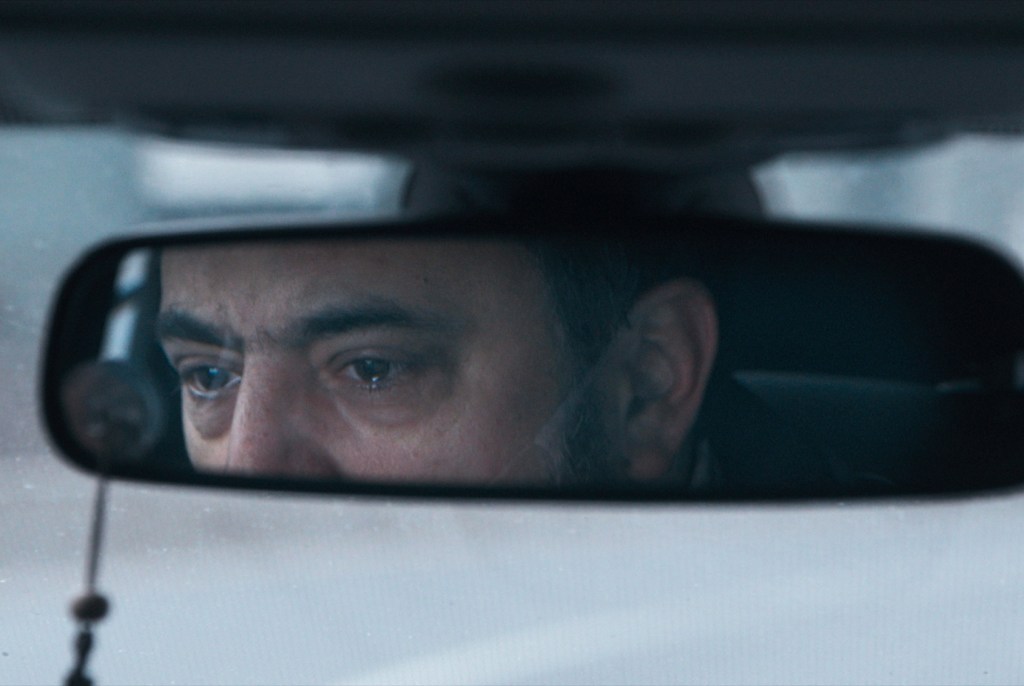When I recommend this documentary to people, telling them it follows the journalistic investigation into a fire that broke out in a Bucharest nightclub, killing 64, with the majority not dying of their injuries but later in hospital, their look says: ‘Not a chance.’ Their look says: ‘This film is not something I wish to see.’ I felt similarly, but trust me on this. It’s gripping. It’s electrifying. It’s explosive. It plays like a crime thriller yet with real consequences. There are revelations that will make you gasp. And it opens a can of worms. Literally.
The fire broke out at Club Colectiv in 2015 when a band’s pyrotechnics ignited the building’s soundproofing foam. The opening seconds show cell phone footage of the flames taking hold, and it’s horrifying, but doable. By that I mean it’s not graphic, and while later there are some graphic scenes, they are never gratuitous. The club had only one exit and only one fire extinguisher, but that’s not what this is about. This is about the 38 victims who later died in hospital despite the fact that, in some instances, their burns were relatively minor. It still doesn’t sound up your street, I know. But wait. Just wait.
It’s the way this is told, as much as anything, and the way we are plunged headfirst into events as they shockingly unfold. It’s terrific storytelling, as directed by Alexander Nanau, who does not rely on talking heads or experts or interviews. Instead, it is rigorously observational — he filmed over 14 months, edited for 18 months — as we follow survivors and the bereaved and an investigation led by Catalin Tolontan, the editor of a Romanian daily sports newspaper. Quite why a sports paper took this on is never fully explained, but it may be because mainstream papers weren’t willing to do so.
[special_offer]
Tolontan, meanwhile, is not like the hero of some big-ticket journalism drama. He does not drink vodka, sleep in a dirty car, type through the night, shag his source. Not that we see, anyhow. What we see is someone who is quietly dogged and determined and patient. We see him initially at a press conference where the minister for health, who has said that Romanian hospitals are as good as any in Europe, is doing his Orwellian newspeak — ‘At present all medical needs are being met’ — as Tolontan asks the questions no one else is asking. Those who died did so of bacterial infections. Why? The minister splutters obvious lies. Tolontan wants to know what cleaning products are hospitals using? And that’s the question that blows it all open.
It is, truly, one gasp after another. I don’t want to be too specific as I think this probably works best when you don’t know exactly what is coming. But, more generally, I can say that the world we are plunged into is one of big pharma, gangsterism, despairing doctors (‘As my mother put it, we are no longer human’), a health system that runs on kickbacks and bribery and a government so riddled with corruption it makes Boris Johnson’s chumocracy look piddling, even though it isn’t. Plus, there’s an even further twist midway through when yet another new minister for health is appointed and…this is one of the biggest shocks…he actually turns out to be a good guy, one who is not afraid to look the truth in the eye. ‘They don’t give a fuck!’ he despairs of his fellow politicians. But will he — can he — survive?
The film has immediacy and tremendous propulsion and resonance — should money take precedence over human lives? And as for that ‘can of worms’, there is no nice way of dressing this up so I’ll come right out with it: uncleaned burns will attract maggots. But remember: I didn’t want to see that kind of thing either, and yet I was still blown away.
This article was originally published in The Spectator’s UK magazine. Subscribe to the US edition here.


















